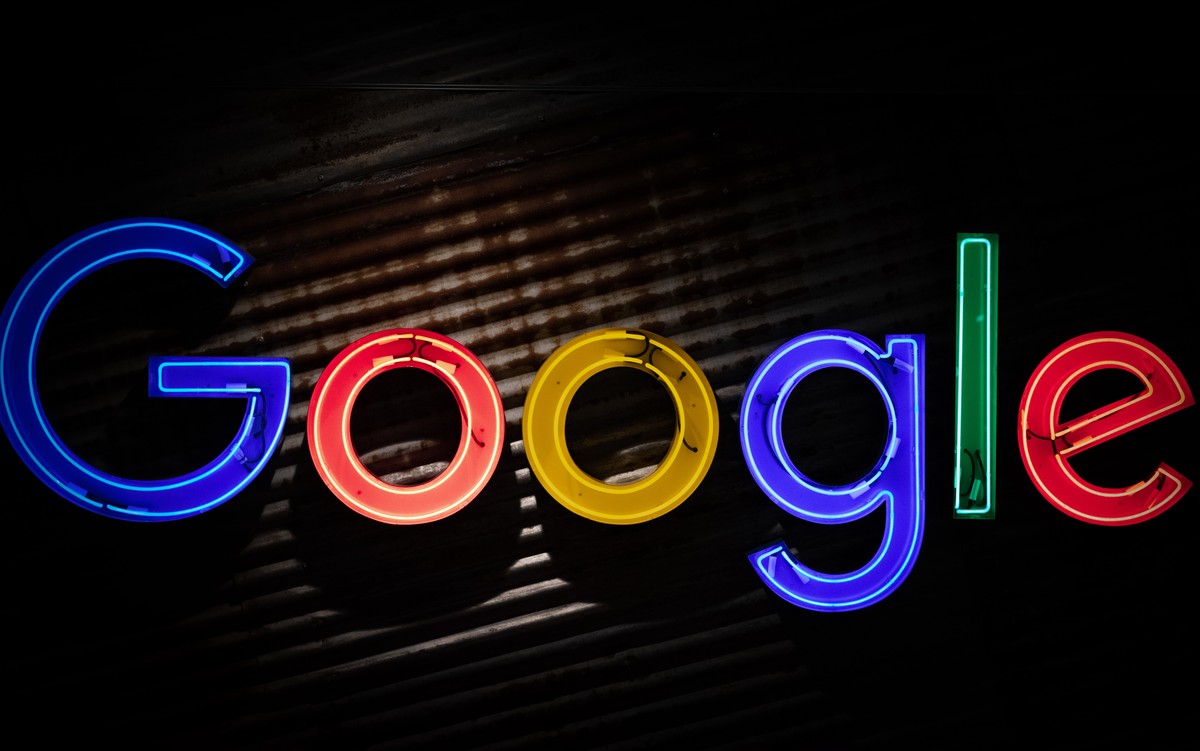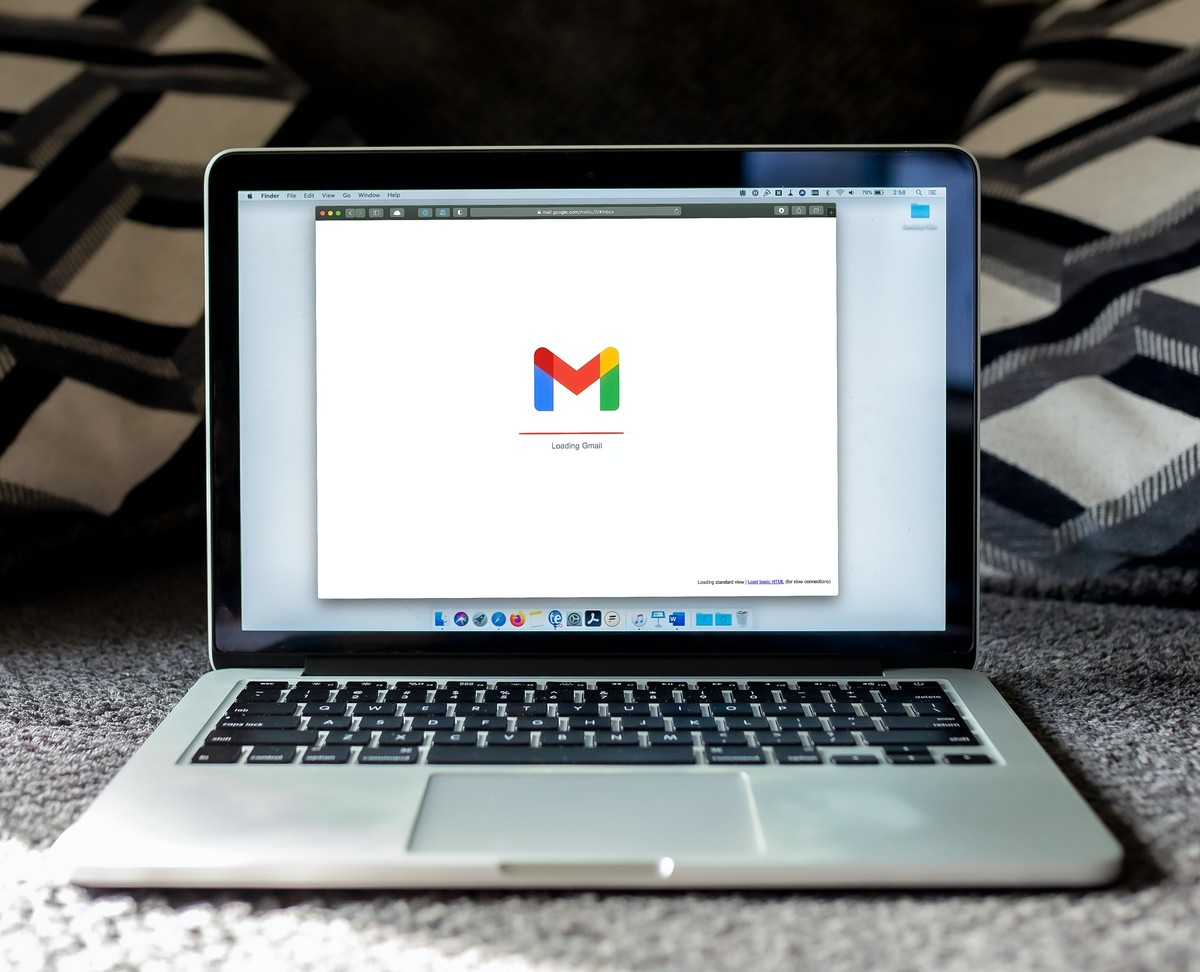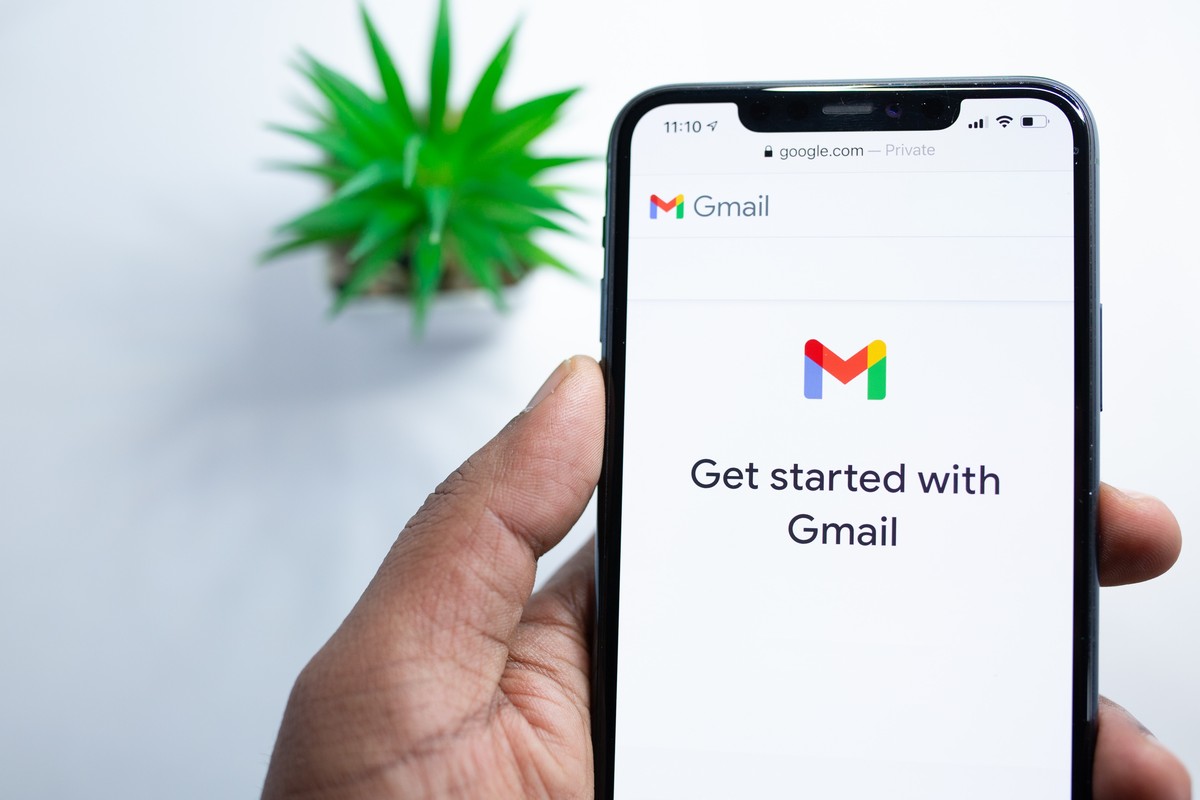Take a last look at your unused Google accounts

Google has issued a warning to its vast user base regarding the deletion of content from inactive accounts in Gmail and Google Photos, starting from December 2023.
With approximately 1.8 billion active Gmail users and an estimated 2 billion active Google Photos users, this policy change affects a substantial number of individuals who may have unused accounts.
The move is driven by security concerns related to compromised accounts and a lack of two-factor authentication.

What has Google said about Gmail And Photos content deletion?
Google's recent policy update, announced by Ruth Kricheli, a vice president of product management at Google, has brought to light the issue of inactive accounts. The content deletion process, set to begin in December 2023, will target personal Google accounts that have not been used or signed into for at least two years.
This content purge will include data stored in various Google services, such as Gmail, Docs, Drive, Meet, Calendar, and Google Photos. It is essential to note that Google plans to execute this process carefully, providing ample notice to users. The first accounts to be affected will be those that were created but have never been used.
To ensure users are well-informed, Google will send multiple notifications leading up to the deletion to the account's email address and recovery email, if provided.

Why is Google purging inactive accounts?
Google's decision to purge inactive accounts stems from security concerns. Accounts that remain unused for extended periods are more susceptible to compromise, especially when they rely on old or reused passwords.
These inactive accounts are also less likely to have two-factor authentication enabled, making them easier targets for potential breaches. Google's analysis reveals that abandoned accounts are at least 10 times less likely to have two-step verification set up compared to active accounts.
To address these security issues, Google suggests users consider using a password manager application alongside activating two-factor authentication. This combination enhances account security by enabling users to maintain unique and robust passwords for every service or account while only needing to remember the master password for the password manager application.
In short, if you have a Google account that you haven't logged into for a long time, it's time to remember your forgotten password, and although Google has said that it will warn users about this, it is better not to take any chances.
Advertisement



















You have to sign in to your account to access your email regardless of the mail client you’re using, so yes, that would include T’bird, Apple Mail, Outlook, etc.
The blog doesn’t say whether reading email through Thunderbird or similar counts as ‘signing in to Google’…
Was wondering the same thing